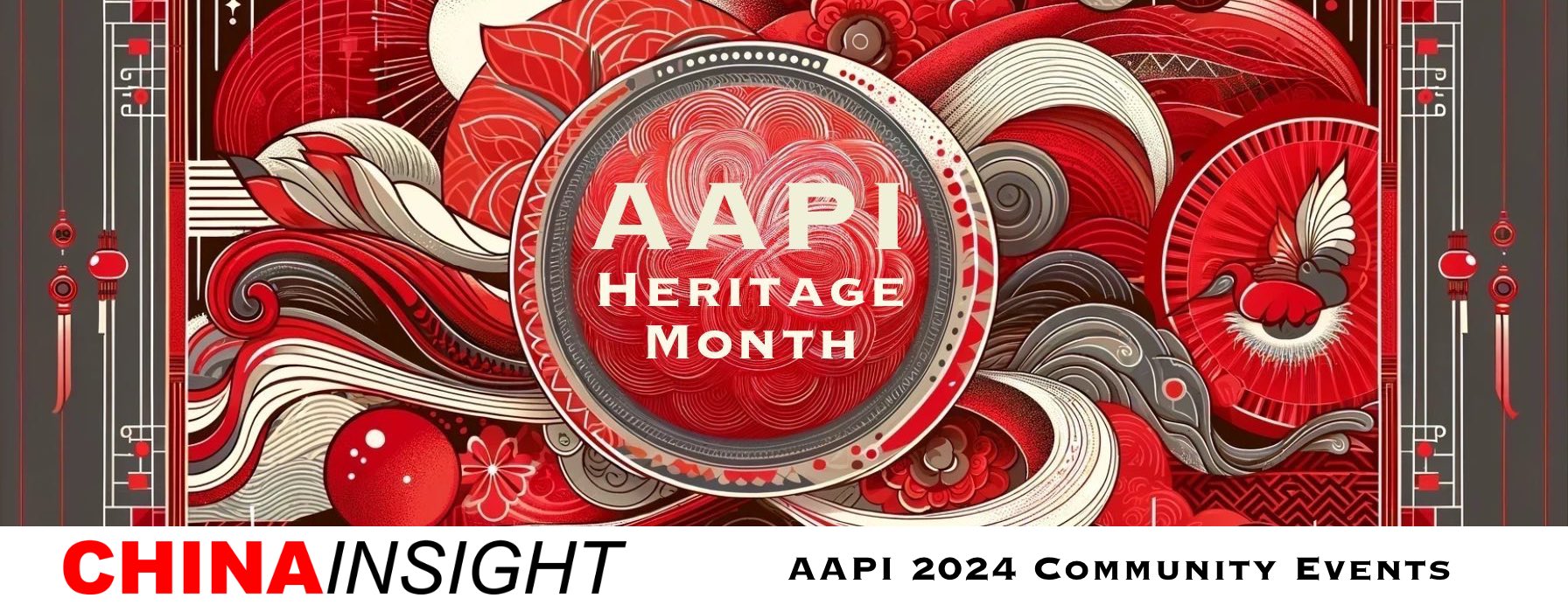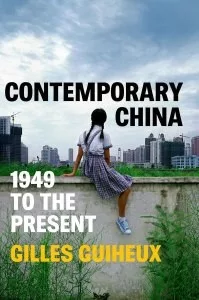Contemporary China: 1949 to the Present, Gilles Guiheux, Andrew Brown (trans)
(Polity, May 2023)
Book Review – Asian Review of Books
Francis P Sempa 6 June 2023 Non-Fiction
Contemporary China is a socio-political assessment of China since 1949, at the advent of the People’s Republic of China. The author, Gilles Guiheux, is a historian and sociologist at Université Paris Cité. Those familiar with 20th- and 21st-century Chinese history will find little new or surprising in Guiheux’s account, though unlike some other works on the Communist period he emphasizes continuity as well as change. The Communist regime, he writes, had a “multiplicity of inheritances”, and its “programme of action” since 1949 has much in common with other early 20th-century reform movements and even the interwar Republican period, though it also borrowed from Stalin’s Soviet Union. China’s societal evolution during the Communist period, he suggests, was not unique but instead like other countries in Asia and elsewhere experienced “industrialization, urbanization, bureaucratization and globalization”.

Guiheux divides the book into several chapters on the historical evolution of China under communist rule followed by the shifts in party-state relations, economic changes, the urban-rural divide, demographics, and education and culture. He notes that Mao Zedong’s regime, like all communist regimes in the 20th-century, took control of Chinese society by “violence, marginalization, and the elimination of … resistance”. Regimes that profess Marxism-Leninism have not been satisfied with controlling government institutions; they seek control over whole societies. This has been what separates totalitarian regimes from authoritarian governments, as Jeane Kirkpatrick explained so well in Dictatorships and Double Standards. Yet Guiheux notes that there was political and philosophical division even within Mao’s regime. The inner-party struggles within the CCP are examined by Guiheux in great detail; they occurred during each phase of communist rule: from Mao’s early years in power, to the “excesses” of the Great Leap Forward and Cultural Revolution, to the reformist era under Deng Xiaoping and his immediate successors through to the Xi Jinping era.
The inner-party struggles could lead to massive purges, especially under Mao. But purges continued under all of Mao’s successors—often in the form of “anti-corruption” campaigns, which Xi Jinping has used to eliminate potential party rivals. Xi, as Guiheux and others have noted, has accumulated more personal power than any Chinese leader since Mao. And Xi has conducted the most assertive foreign policy since Mao. Xi’s rise to power, Guiheux notes, also represents a generational shift in CCP leadership and a return to a greater emphasis on Marxist-Leninist-Maoist ideology.
The most important change from Maoist times, as Guiheux notes, is the shift from a planned to a market economy, and that is what has propelled China to superpower status. It started under Deng, and was continued under Jiang Zemin and Hu Jintao, all of whom he characterizes as pragmatic leaders. This “major turning point” in China’s political evolution under the CCP has led to a growing middle class and rising standards of living among much of the population. But it has also led to political unrest, the most dangerous of which (to the regime) was at Tiananmen Square in 1989. The CCP’s response to domestic political challenges has been repression, increased surveillance, and appealing to nationalist sentiments (eg on Taiwan). Contemporary China, Guiheux concludes, “combines integration into the capitalist world economy with authoritarian political practice”, and he suggests, contrary to many conventional scholars, that this “configuration” may be sustainable.
What Guiheux calls China’s “modernization” has not been a societal panacea. The political system remains opaque. Social inequalities are growing. China has an aging population and problems with environmental degradation and corruption. Its human rights record has been condemned by much of the international community. Its “wolf-warrior diplomacy” has caused its neighbors to feel increasingly threatened.
But the CCP maintains its monopoly on political power. And China’s nomenklatura is as firmly ensconced in power as it has ever been.
_____________________________________________________________________________
Francis P Sempa is the author of Geopolitics: From the Cold War to the 21st Century and America’s Global Role: Essays and Reviews on National Security, Geopolitics and War. His writings appear in The Diplomat, Joint Force Quarterly, the University Bookman and other publications. He is an attorney and an adjunct professor of political science at Wilkes University.


